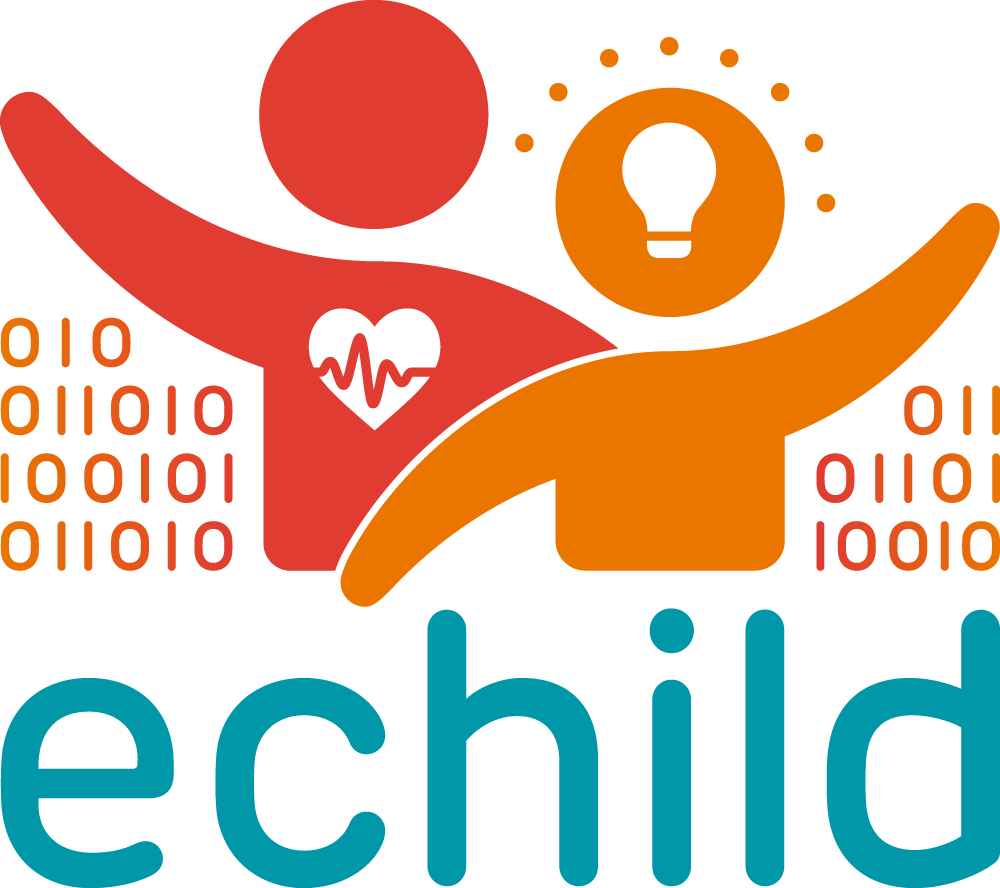The HOPE Study
The HOPE Study (Health Outcomes of young People throughout Education) is investigating the impact of adjustments for special educational needs (SEN) on children’s health using linked health and education data in ECHILD. It aims to provide evidence for the impact of different types of SEN provisions on children's health and educational outcomes, and to explore if lack of SEN support negatively influences children's development, potentially increasing demands on healthcare and social services, increasing absence and reducing attainment at school. The study also aims to establish methods and tools for the ongoing evaluation, monitoring, and improvement of SEN services.
The HOPE study uses diverse methodologies to compare health outcomes between children who have received SEN support and similar children who have not. The umbrella protocol outlines analyses across four interconnected work packages (WP). WP1 defined a range of ‘health phenotypes’ which are health conditions likely to need SEN provision in primary school. Next, health and education outcomes are described (WP1) and WP2 investigates individual, school-level, and area-level factors influencing variability in SEN provision for different phenotypes. WP3 assesses the impact of SEN provision on health and education outcomes for specific phenotypes, and WP4 reviews local policies and synthesises insights from service users and providers to understand variation in and experiences of SEN identification, assessment, and provision. The involvement of young people, parents and practitioners are key to this work. The combination of findings from these work packages will enable policymakers, service providers, and families to make evidence-informed decisions about SEN adjustments.
The study is being led by Prof Ruth Gilbert and is funded by NIHR.
Protocol
Key Publications
Evaluation of special educational needs and disability provision in English primary schools using administrative health and education data in the ECHILD database; Gilbert, R. et al; (pre-print), medRxiv, September 2025.
Is there evidence of inequality in the provision, level, and timing of SEND provision in English primary schools?; De Stavola, B. et al; (pre-print), medRxiv, August 2025.

